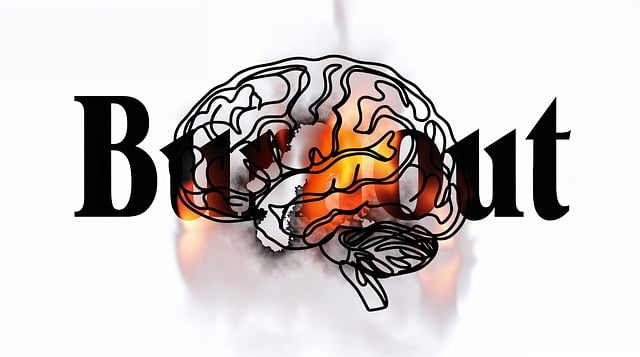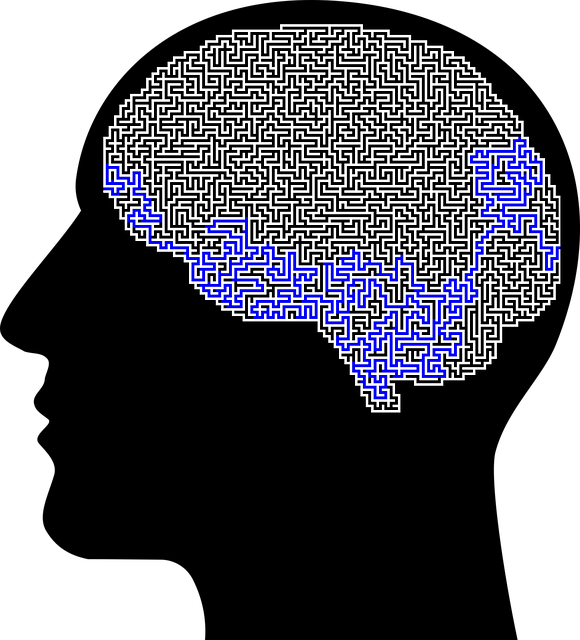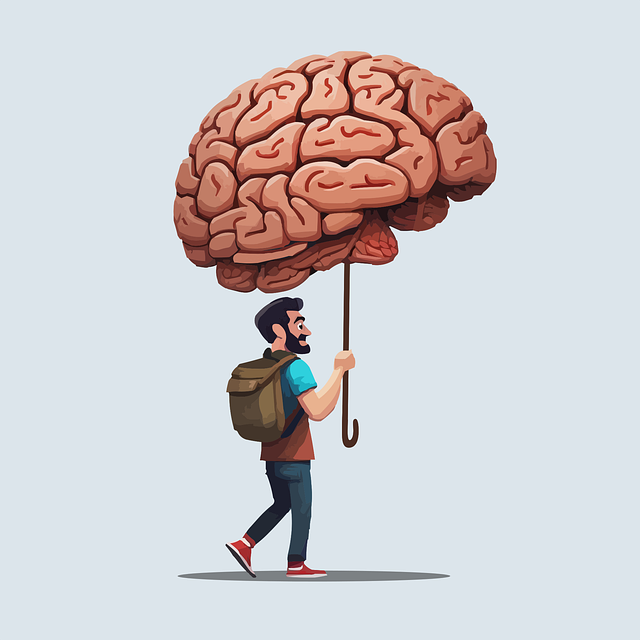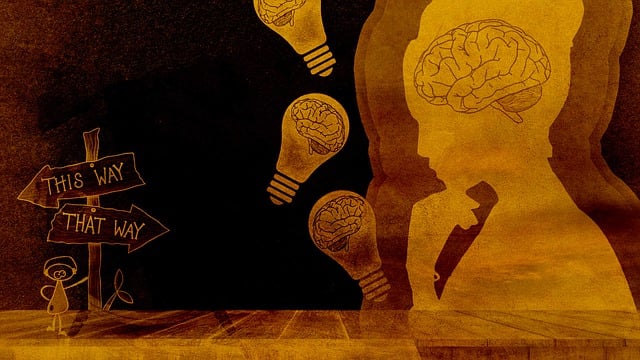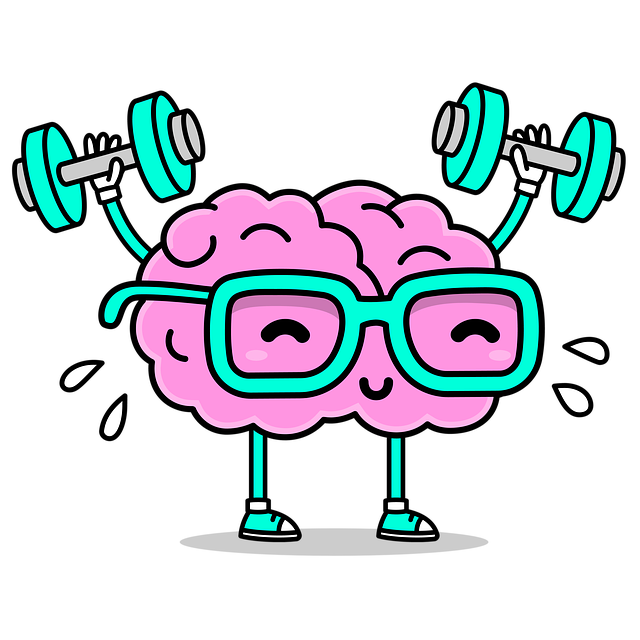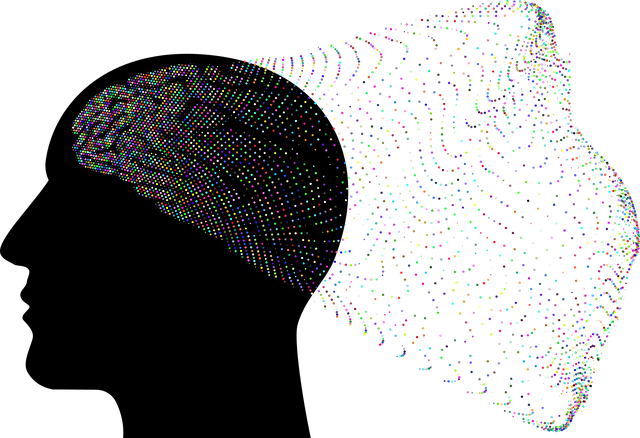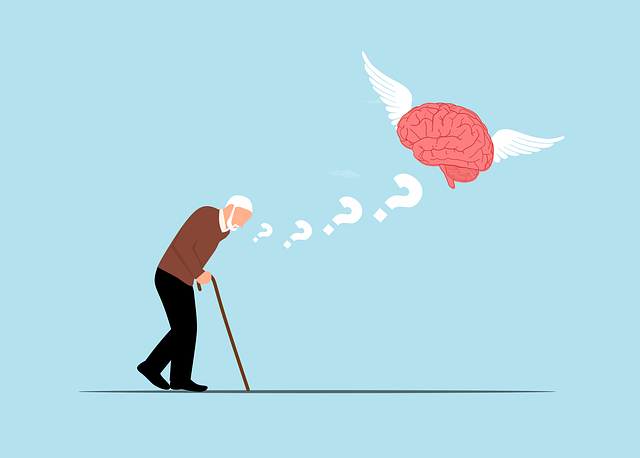In diverse Colorado Springs, cultural competency is key for effective healthcare, especially for young adults seeking therapy at Colorado Springs Young Adults Therapy (CSYAT). CSYAT specializes in addressing anxiety, depression, and identity issues unique to today's young adults. They use advanced communication strategies, workshops, and community outreach to create open dialogue and accessible mental health resources. By recognizing cultural biases and implementing training programs with a focus on empathy, practical skills, and trauma support, CSYAT improves patient-provider relationships, prevents professional burnout, and ensures personalized care tailored to each individual's background, ultimately enhancing positive therapeutic outcomes.
In today’s diverse healthcare landscape, cultural competency is no longer an option but an imperative. This comprehensive guide explores the critical role of cultural competency training for healthcare providers, focusing on unique challenges faced by young adults in therapy settings, such as those offered at Colorado Springs Young Adults Therapy. We delve into the impact of cultural biases and offer insights on designing effective programs, fostering a culture of inclusion, and continuous learning to enhance patient care and outcomes.
- Understanding Cultural Competency in Healthcare: A Need for Empathy and Awareness
- Colorado Springs Young Adults Therapy: Addressing Unique Challenges
- The Impact of Cultural Biases on Patient Care and Outcomes
- Designing Effective Training Programs for Healthcare Providers
- Fostering a Culture of Inclusion: Continuous Learning and Improvement
Understanding Cultural Competency in Healthcare: A Need for Empathy and Awareness

In the dynamic landscape of healthcare, Cultural Competency has emerged as a vital aspect, especially when addressing the diverse needs of Colorado Springs Young Adults seeking therapy. It involves the ability to understand and appreciate cultural differences, enabling healthcare providers to offer more personalized and empathetic care. The world is becoming increasingly multicultural, and this diversity should be reflected in healthcare settings to foster better patient-provider relationships.
For healthcare professionals, especially those specializing in mental wellness, recognizing and respecting cultural nuances can prevent burnout. Burnout prevention strategies for healthcare providers often emphasize the importance of self-care, but cultural awareness is a crucial component too. By understanding the unique backgrounds and perspectives of their patients, therapists and counselors at Colorado Springs Young Adults Therapy can implement effective mood management techniques, ensuring a more inclusive and therapeutic environment.
Colorado Springs Young Adults Therapy: Addressing Unique Challenges

Colorado Springs Young Adults Therapy (CSYAT) is a specialized service designed to cater to the unique needs of young adults facing various challenges in this fast-paced, high-pressure environment. Many young adults struggle with issues such as anxiety, depression, and identity formation, often exacerbated by academic, career, and social pressures. CSYAT recognizes that effective therapy for this demographic requires more than traditional approaches; it demands an understanding of their cultural nuances and personal growth stages.
The program employs advanced communication strategies tailored to engage young adults in meaningful conversations about their emotional well-being promotion techniques. Through interactive workshops and group sessions, therapists facilitate open dialogue, fostering a sense of community. Additionally, CSYAT implements successful community outreach program implementations, ensuring that resources and support are accessible to those who may not traditionally seek therapy. These initiatives reflect a commitment to making mental health care both attractive and accessible for young adults in Colorado Springs.
The Impact of Cultural Biases on Patient Care and Outcomes

Cultural biases held by healthcare providers can significantly impact patient care and outcomes, especially when treating diverse populations like Colorado Springs Young Adults Therapy clients. These biases, often unconscious, influence how medical professionals perceive, communicate with, and ultimately provide services to patients from different cultural backgrounds. For instance, a provider’s assumptions or stereotypes about a patient’s lifestyle or health practices may lead to misdiagnoses or inadequate treatment plans. This can be particularly detrimental for marginalized communities, where access to quality care is already a challenge.
When healthcare providers lack cultural competency, it hinders the development of trust and empathy between patient and caregiver. Effective therapy and healing are often predicated on this foundation. Empathy Building Strategies and Emotional Well-being Promotion Techniques that address cultural biases can foster more inclusive environments. By learning to recognize and mitigate these biases, mental wellness professionals in Colorado Springs Young Adults Therapy can better serve their diverse clientele and ultimately improve health outcomes for all.
Designing Effective Training Programs for Healthcare Providers

Designing effective training programs for healthcare providers is a multifaceted process that requires careful consideration to meet the diverse needs of patients in Colorado Springs Young Adults Therapy settings. These programs should go beyond surface-level cultural awareness and delve into deep understanding, empathy, and practical skills. Incorporating interactive workshops, case studies reflecting local communities, and regular debriefings can enhance learning.
The integration of Mental Health Awareness and Trauma Support Services topics is crucial in these training sessions. By examining the impact of trauma on various cultural groups and providing tools for empathetic communication, healthcare providers can improve patient care. Additionally, featuring guest speakers from diverse backgrounds, sharing personal stories, and engaging in role-play scenarios can foster a more inclusive environment. Mentoring programs that offer ongoing support, coupled with regular Mental Wellness Podcast Series Production, can further solidify the training’s impact, ensuring professionals remain culturally competent as they navigate complex patient interactions.
Fostering a Culture of Inclusion: Continuous Learning and Improvement

At Colorado Springs Young Adults Therapy, we recognize that fostering a culture of inclusion is not a one-time event but an ongoing process. Continuous learning and improvement are essential to ensuring our healthcare providers are equipped with the necessary tools to meet the diverse needs of our clients. This involves regular training sessions focused on enhancing cultural competency, promoting empathy, and developing key skills like social skills training, conflict resolution techniques, and crisis intervention guidance. By committing to these efforts, we create a supportive environment that encourages open dialogue, respects boundaries, and celebrates differences.
Through ongoing education, our team stays abreast of the latest research, best practices, and trends in cultural competency. This enables us to adapt our approaches, ensuring that each individual receives personalized care tailored to their unique background and experiences. By embracing continuous learning, we not only improve our service delivery but also contribute to positive outcomes for our clients, fostering a more inclusive and compassionate healthcare setting in Colorado Springs Young Adults Therapy.
Cultural competency training is not just a suggestion, but an imperative in modern healthcare. As evidenced by the unique challenges faced by Colorado Springs Young Adults Therapy, understanding and addressing cultural biases are essential for improving patient care and outcomes. Effective training programs, coupled with a commitment to fostering inclusivity, can revolutionize healthcare delivery. By continuously learning and adapting, we can create a more empathetic and responsive system that meets the needs of all patients, regardless of their background or identity.

